Bitcoin BTC articles
Sign up to get the latest news from bitcoin.com.au
-
Best Bitcoin wallets Australia 2025
Compare the best Bitcoin & crypto wallets in Australia for 2025 – hardware, software & exchange options. Stay safe and choose wisely.

-
How to buy Bitcoin with Up
Buy Bitcoin and crypto with Up. Discover how to deposit funds, key tax considerations and the bank’s crypto policies.

-
Businesses that accept Bitcoin in Australia
Here’s a handy list of who accepts crypto across Australia.
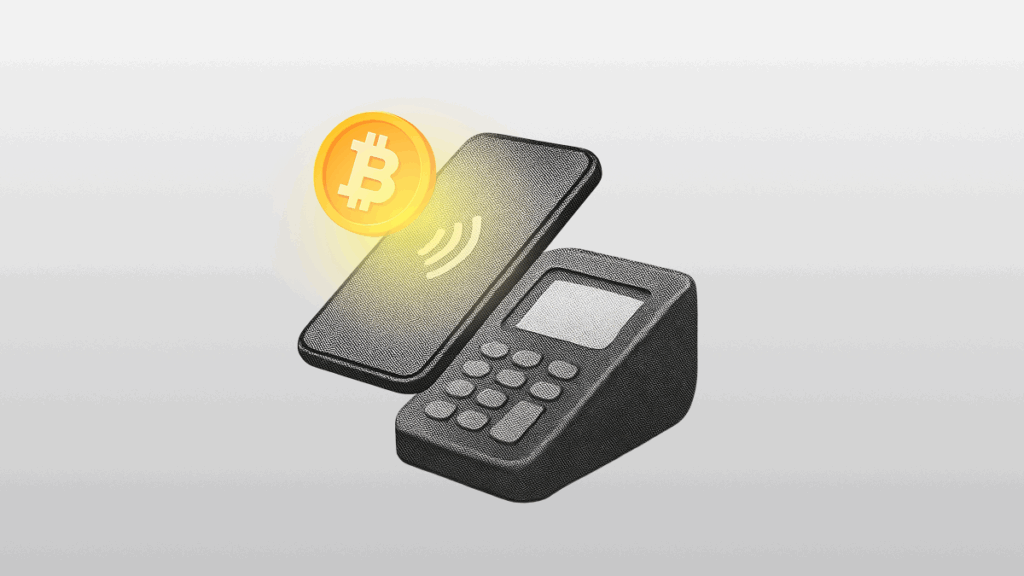
-
Best crypto-friendly banks in Australia
What makes a bank crypto-friendly in Australia? Here are tips to find the right bank for you, and important details to keep in mind.
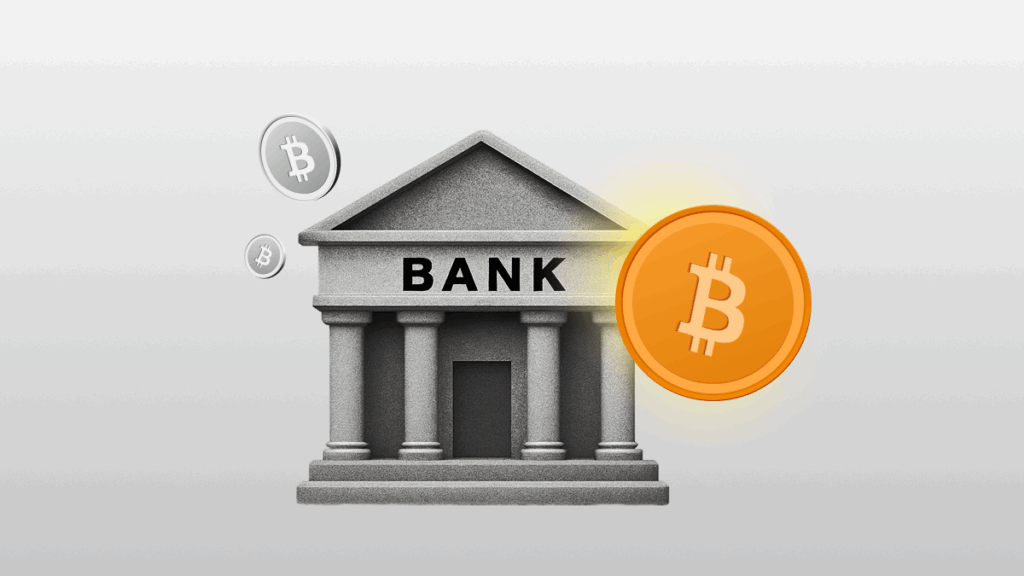
-
How to buy Bitcoin with UBank
Buy Bitcoin and crypto with UBank. Discover how to deposit funds, key tax considerations and the bank’s crypto policies.
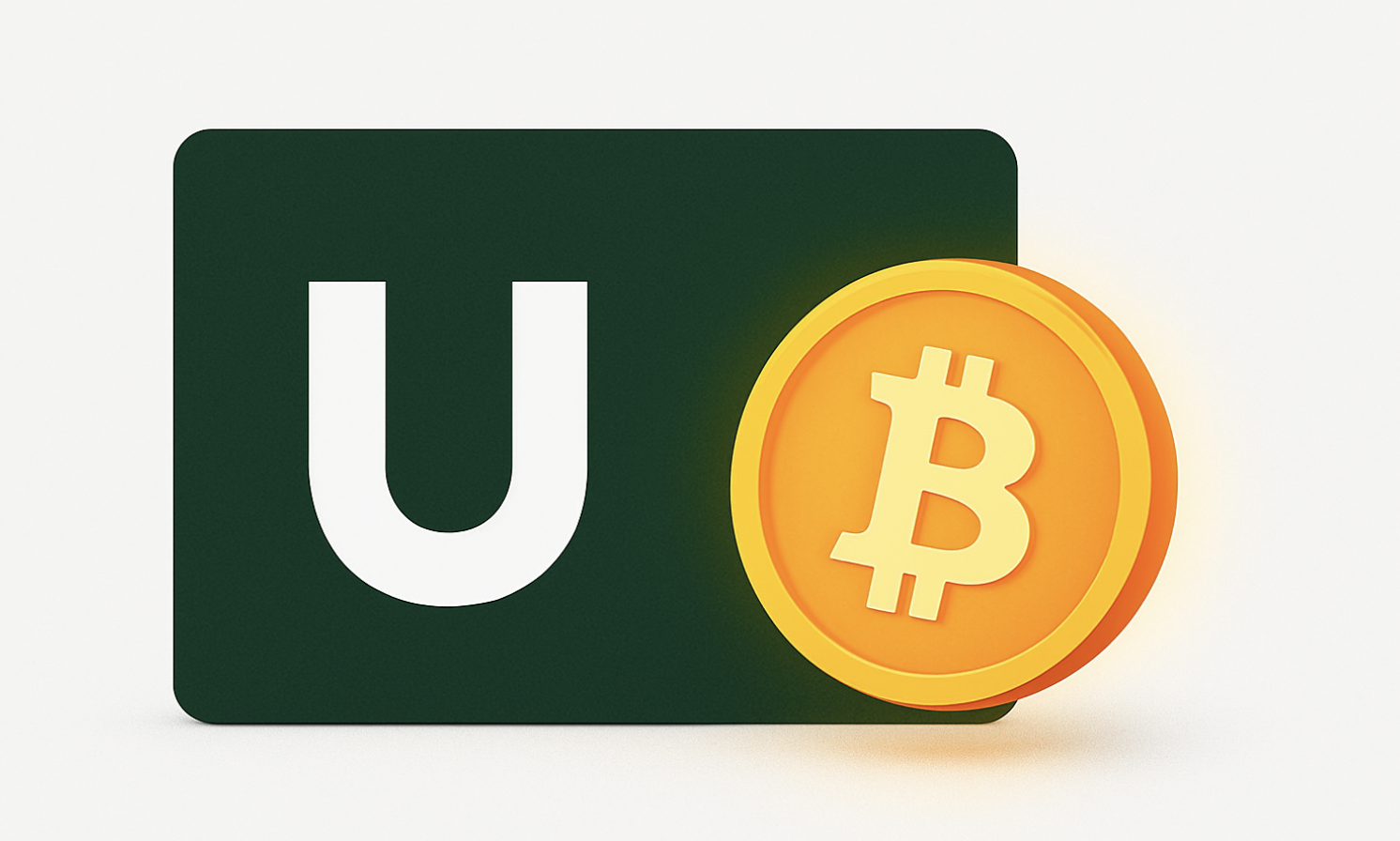
-
How to buy Bitcoin with Bendigo Bank
Looking to buy Bitcoin with Bendigo Bank? Look no further! We cover everything you need to know, from setting up your account to making secure, hassle-free deposits.
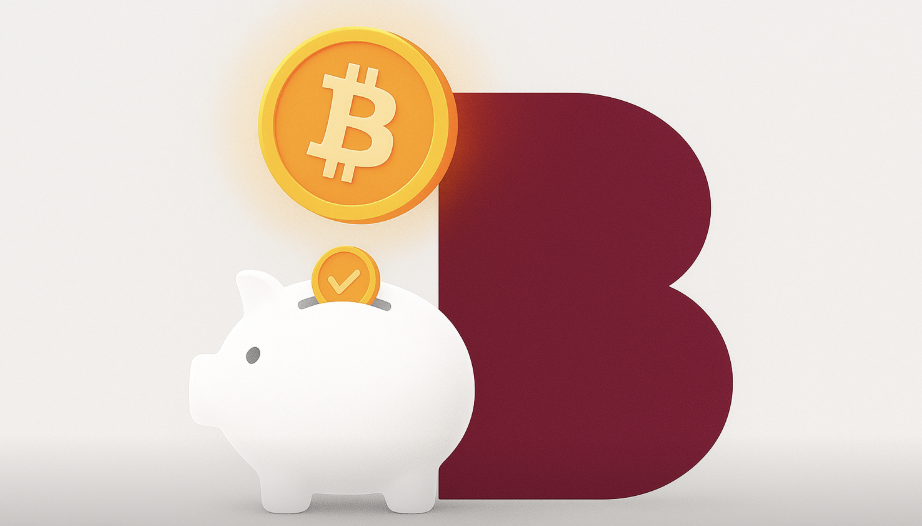
-
How to buy Bitcoin with St George Bank
Looking to buy Bitcoin with St George Bank? This guide covers everything you need to know, from setting up your account to making secure, hassle-free deposits.

-
What is Bitcoin dollar cost averaging (DCA)?
Thinking about buying Bitcoin but unsure when to start? Dollar-cost averaging (DCA) is a simple, stress-free strategy that helps you invest consistently — without worrying about timing the market.

-
Who owns the most Bitcoin?
Curious who owns the most Bitcoin? From Satoshi to Aussie millennials, we break down the biggest holders — and how easy it is to start stacking your own, even with just $50.
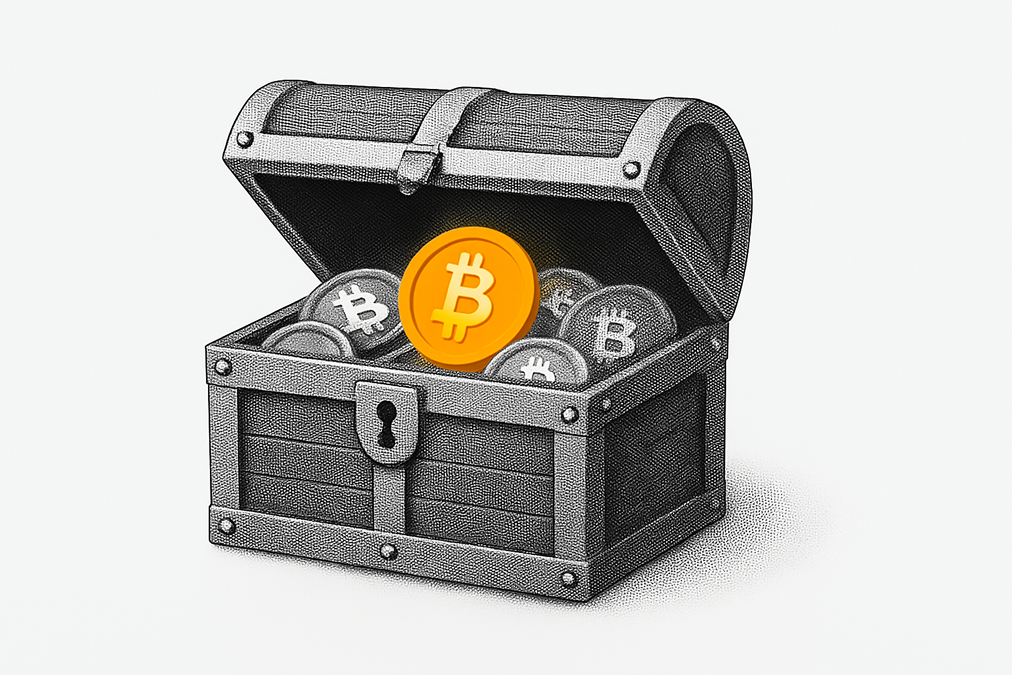
Buy crypto in Australia
The easiest way to buy Bitcoin and crypto
